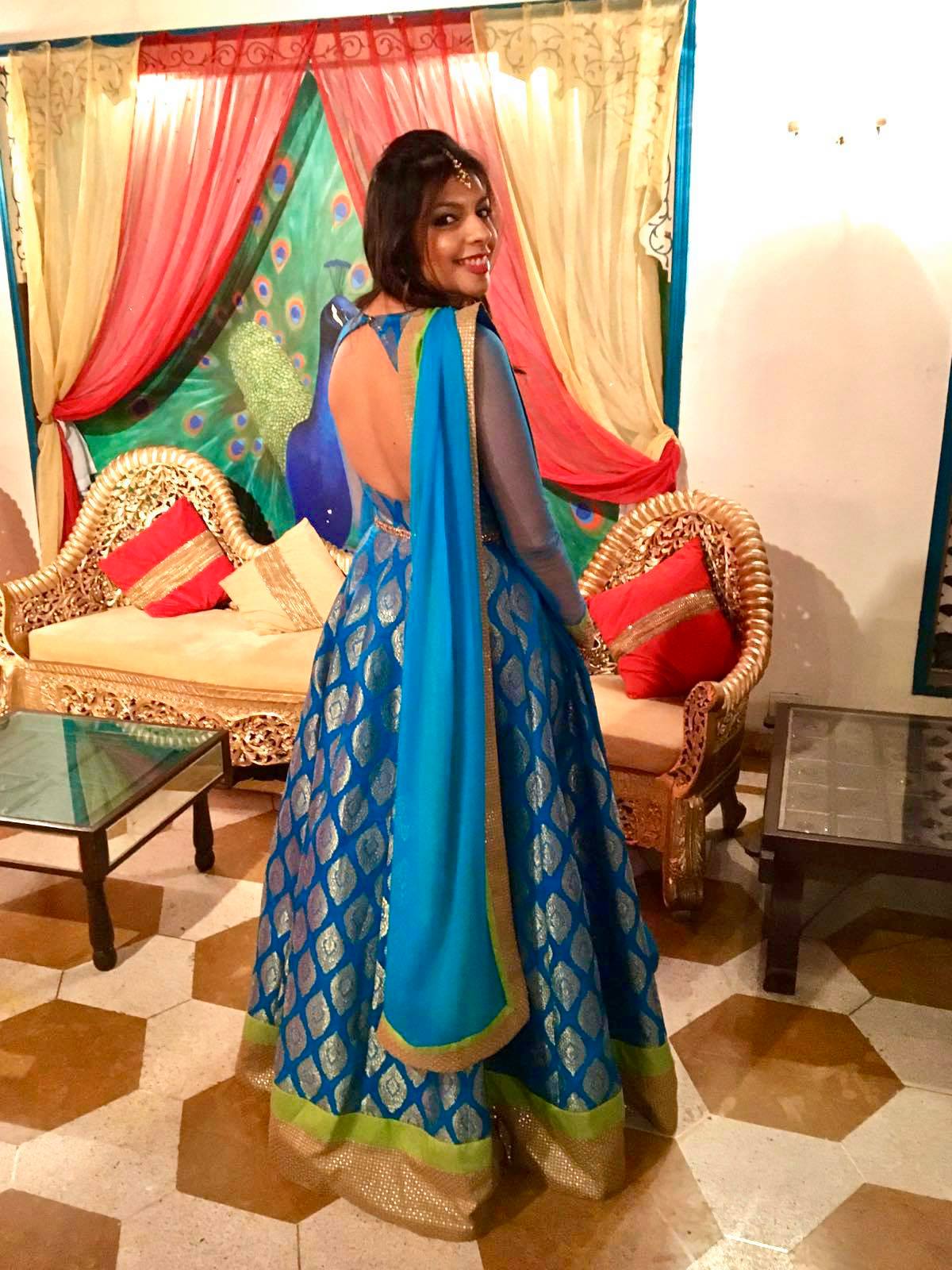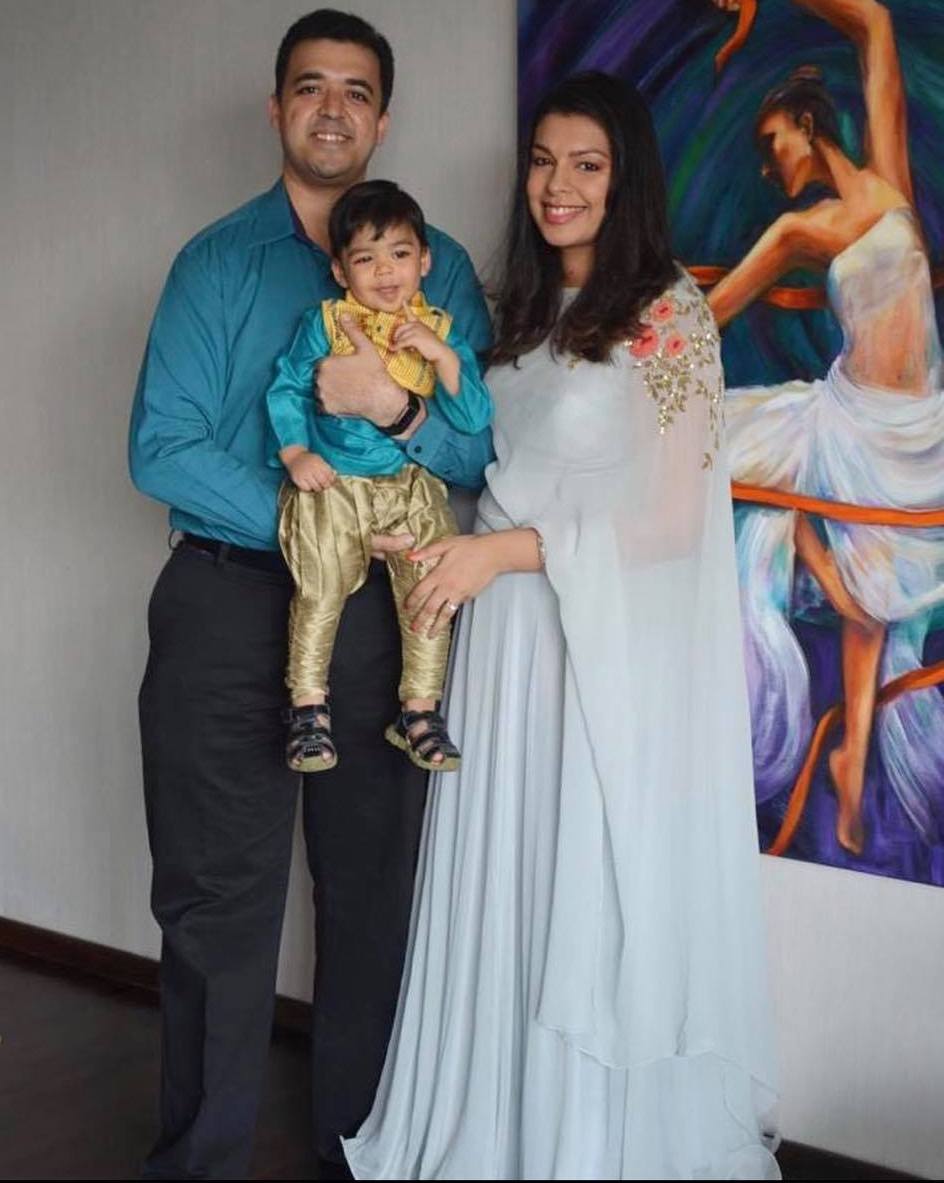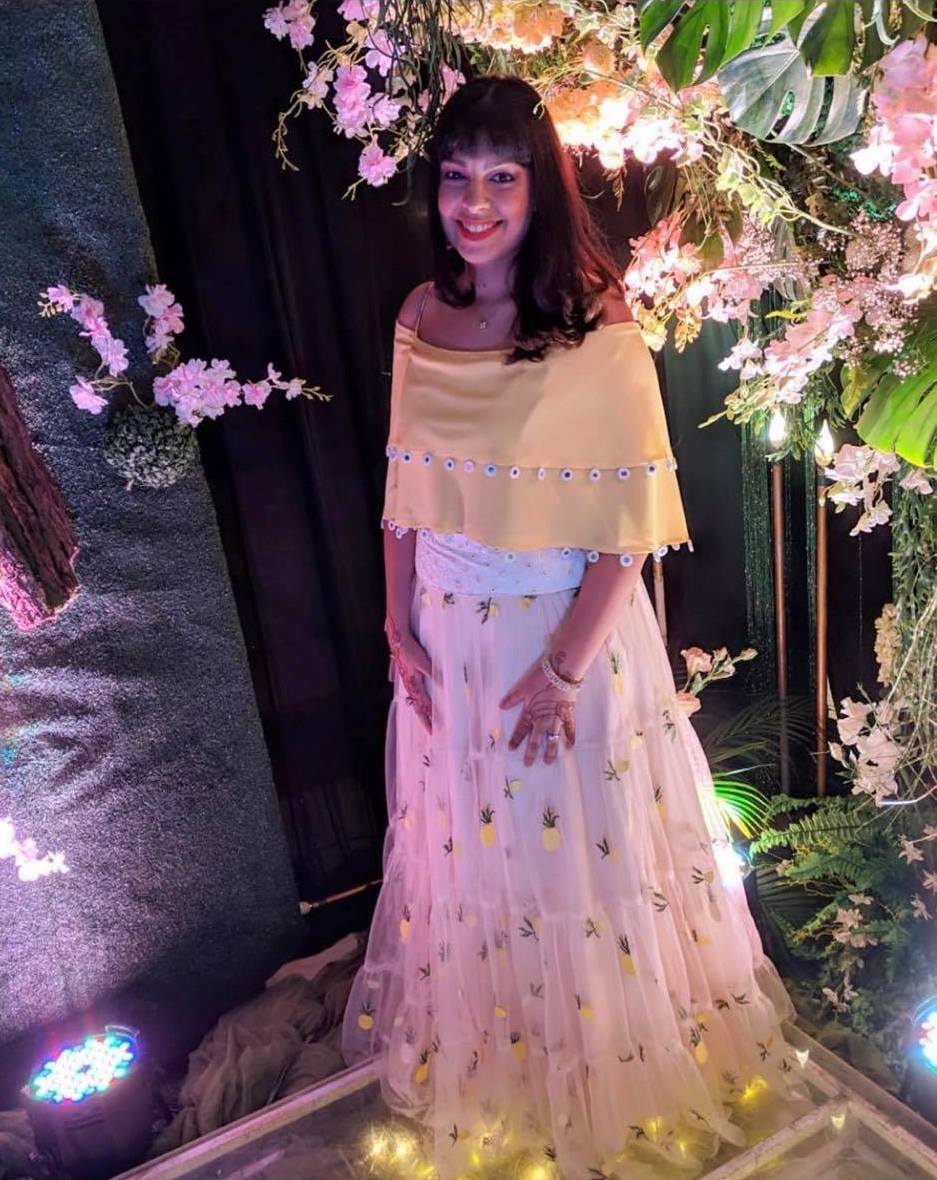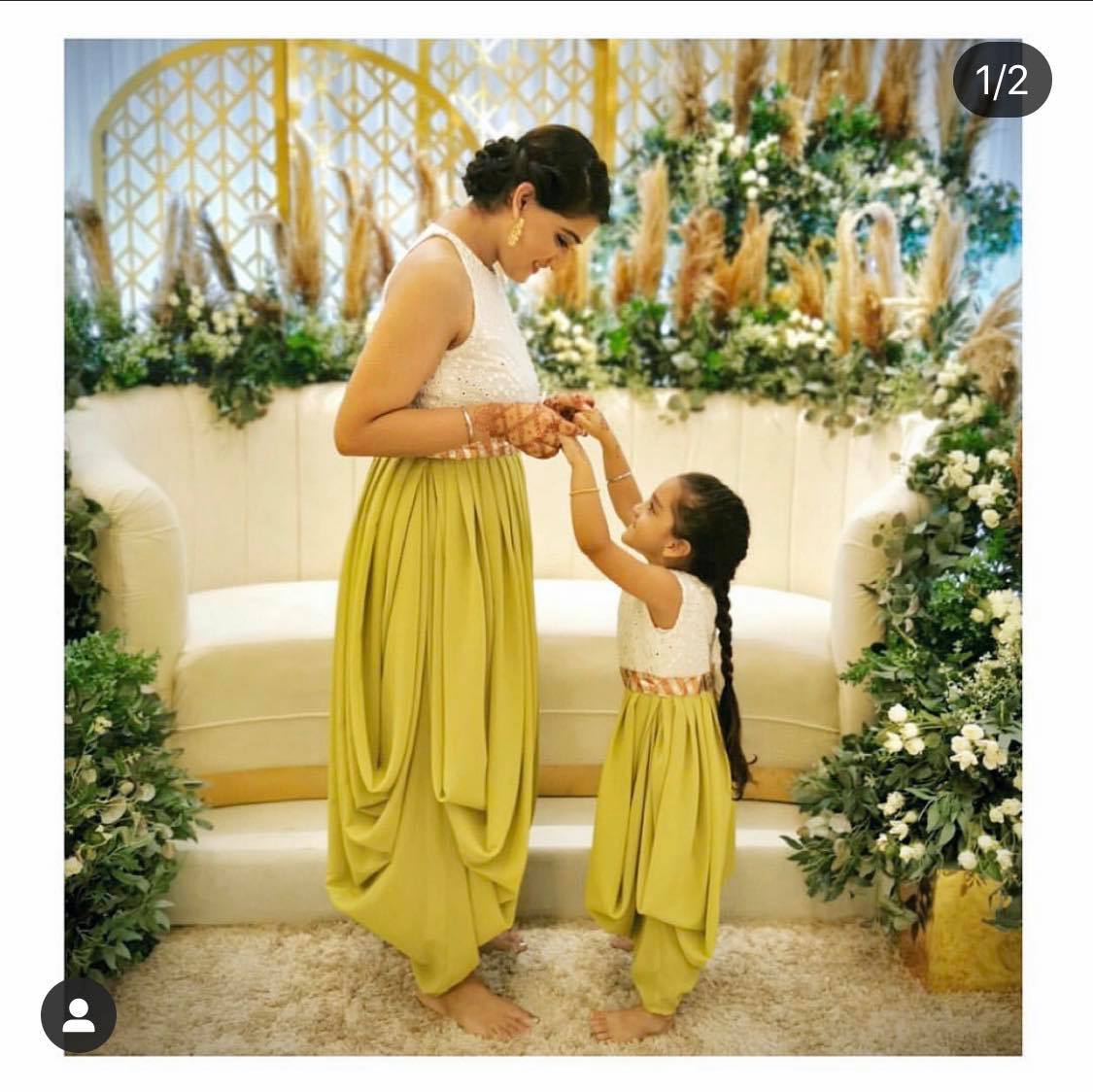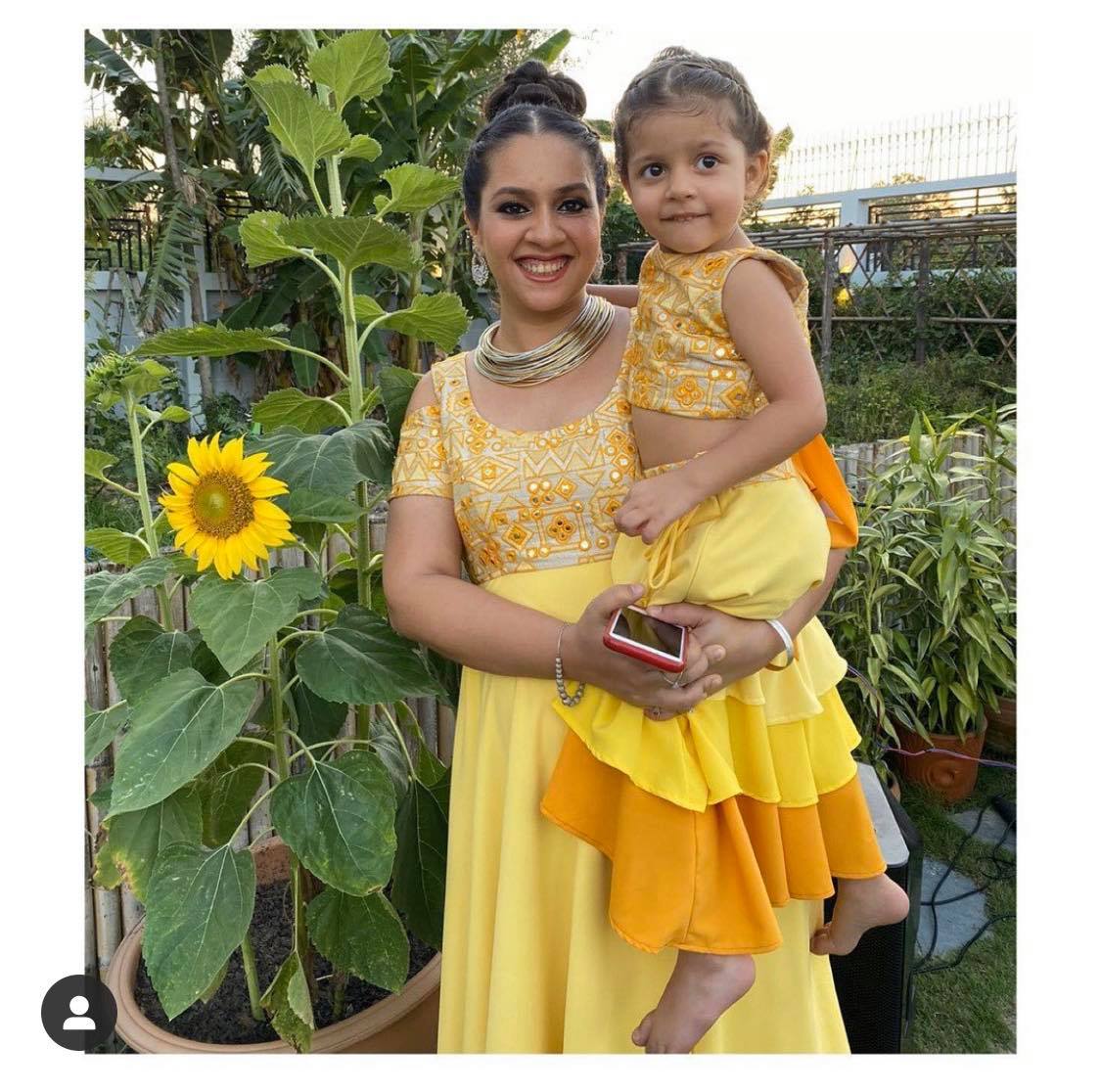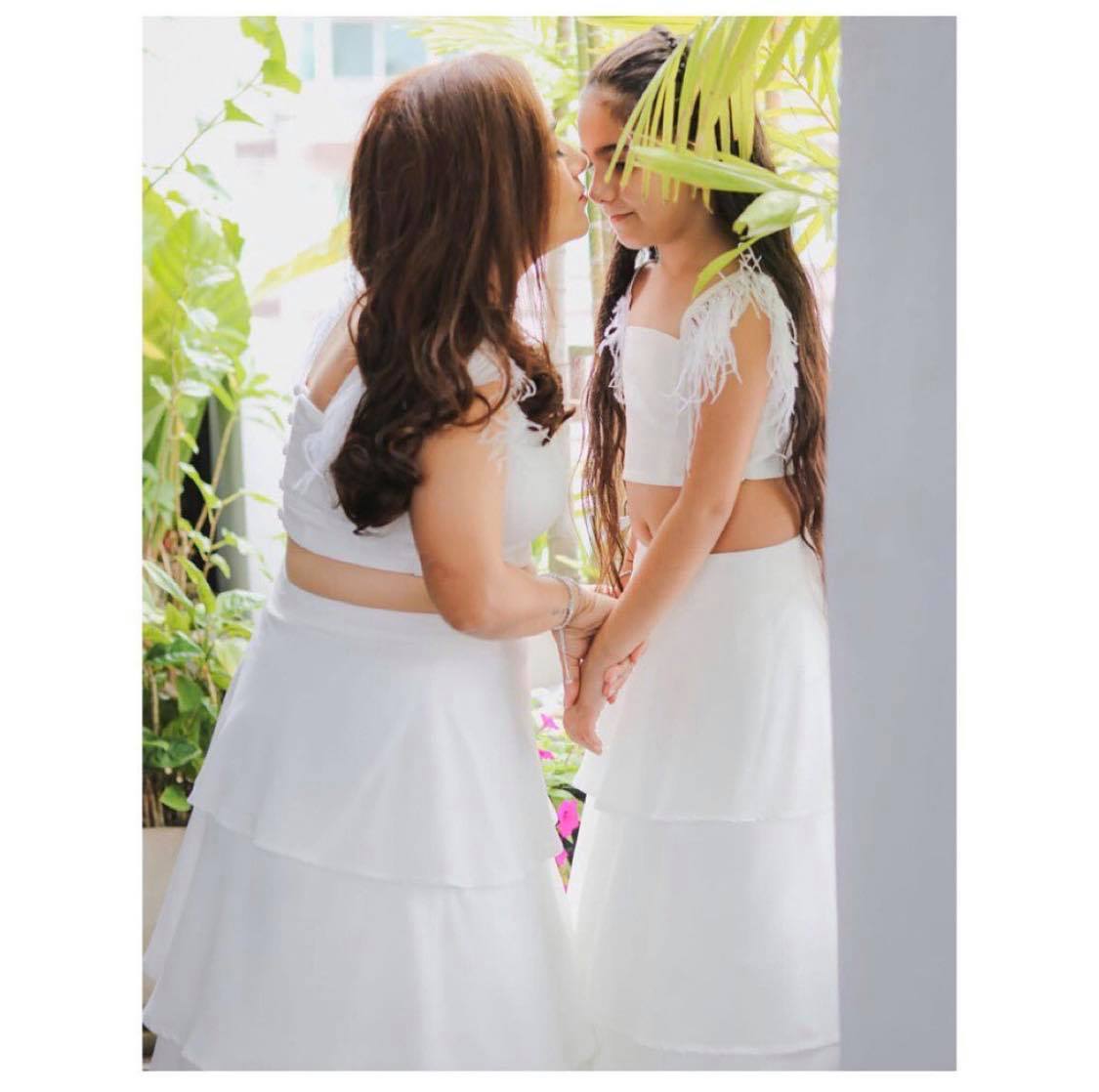Female Founder in Focus – Phavini Kalra – Fashion Designer and Owner of Pavni Label
Welcome to the Female Founder In Focus series!
This series on my blog celebrates women blazing trails in different areas of business, tech, art, entrepreneurship, fashion, beauty etc.
I hope by sharing the stories and journeys of other women, you are inspired to chase your dreams, work hard and never give up.
Today’s Female Founder In Focus is Phavini Kalra — a Bangkok-based fashion designer and owner of Pavni label.
Phavini’s designs are unique, uplifting, fun and easy-to-wear. She’s created some of my favourite outfits in recent times and after having a baby too. During the Covid-19 global pandemic it is small privately-owned businesses like Phavini’s that are being seriously affected because they have had to shutdown temporarily. And I wanted to share her story in an effort to learn how to best support and help small businesses everywhere where possible.
Tell us a little about yourself and your background
I was born in Bangkok, raised here, and now I live here. I briefly spent 4 years in Chicago, at the University of Chicago getting a bachelor’s degree in economics as well as South Asian studies. Three years into the degree, I did an internship with a company that specialized in financial research and I did not find myself thrilled by the daily activities. While I was perfectly competent and able to do the work, I did not enjoy any of it. Instead, I found myself looking around the office and noticing what people wore; I didn’t like how much black everyone wore and how boring the heels were.
So after graduating on the honor roll I came back to Bangkok and quickly enrolled myself into the newest international fashion school that had opened here. I remember my heart racing with anticipation to start. It just goes to show that you shouldn’t necessarily choose a field of study just because you seem to be good at it and get good grades in that subject.
Tell us about your business. How did you get the idea and how did you start?
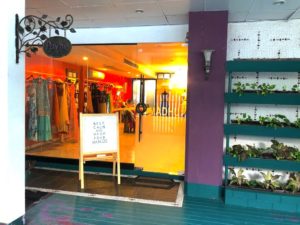
I am a fashion designer and I have taken over my mother’s business. She started a clothing line many years ago in Bangkok when it was almost unheard of for a woman in our community to work. She overcame countless obstacles with sheer determination but she somehow did it — she owned her own store, and tailored and created lots of beautiful clothes.
Ironically, growing up I did my best to be the opposite of her. I studied economics and downplayed my love for fashion. My mom would force me into mini skirts and I would throw on large baggy jeans. It was a strange sort of rebellion. Eventually, at 18, I walked into fashion school, looked around at the classes of fashion illustration, pattern making, sewing, history of fashion, etc, and there was no doubt in my mind that this was where I was meant to be.
Just as I was graduating with my fashion degree, and after I had begun working with my mom part-time, she suffered a serious illness (she has recovered and is well now). The day to day running of the store fell immediately into my lap. At first, besides her health, my main concerns were completing her orders and delivering as she would have, maintaining her standards, and retaining her loyal customer base. But with time, I also injected my personality and aesthetic into the clothes, and expanded the scope of the company.
When I look back, I realize that this was around the time I started to strongly believe that the universe has secret plans up its sleeve. Had my mother gotten sick any earlier, even a month or two, I would not have been equipped to take over so seamlessly and perhaps the business she worked so hard to build would have suffered. But, the universe had a plan, and all worked out well in the end.
What challenges did you face when starting your business and how did you overcome them?
Once the store fell into my lap, a huge challenge I faced was emerging from my mother’s shadow; her loyal clients were understandably doubtful of my abilities and it was clear they missed her profusely. It took some time but I eventually proved myself and gained the trust of old and new clients, alike.
When my mother had started the clothing line there were perhaps only 2-3 stores selling Indian clothes in all of Bangkok. And when I joined the business, these numbers were steadily and rapidly increasing. There was tons of competition and the emergence of online shopping too. I had to find a way to separate myself from the rest.
In my twenties I lived and breathed my label. I planned huge and happening fashion shows and events year after year; took part in tons of local fairs; started to build my social media presence and did countless photo shoots. At the time many aspiring photographer friends, models and makeup artists happily co-created at these events and shoots with me, and today, a lot of them are very successful in their own right today in these same fields.
The biggest challenge, though, was making clothes people really wanted to own. And that came only when I authentically created. The moment I got influenced by what I thought was “in fashion” or what other fancy designers were making and charging an arm and a leg for, my aesthetic was lost and so was the outfit.
With every new collection I work on year after year, I feel like my voice and vision gets clearer and clearer. I hope I continue along this trajectory in the future.
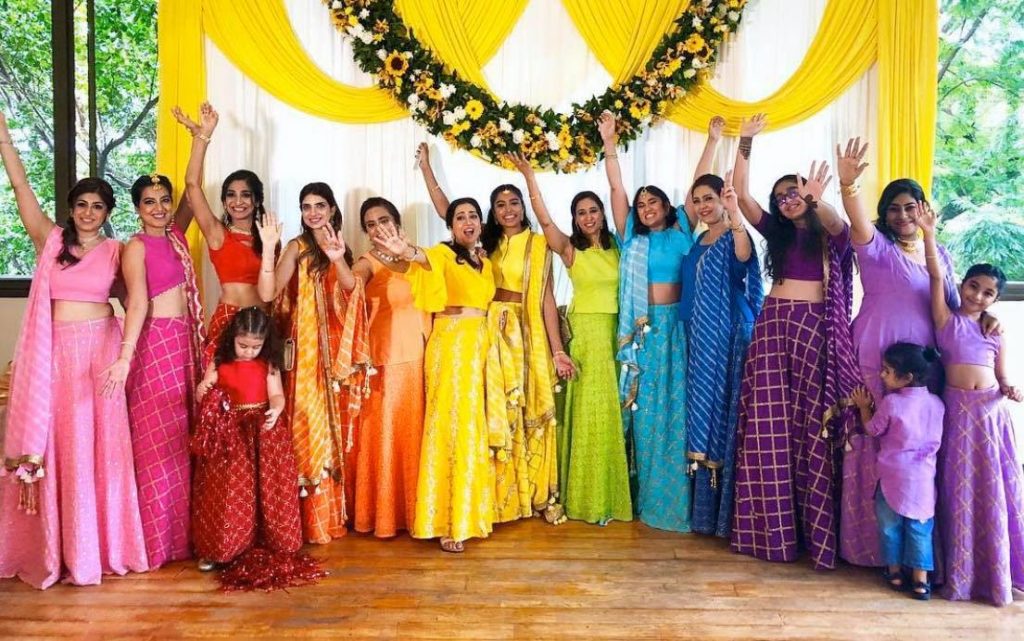
Three most useful skills you have learned for your business
- Using a professional camera. All of the photographers I have worked with are great and I will definitely work with them in the future. But I also know what I like, so every once in a while, I will take my own photos at my photoshoots with a DSLR camera.
- Choreography. I had to teach myself how to pull off a fashion show. I taught the models how to walk, how to pose, when and where to pose, etc.
- Learning about Indian silhouettes and pattern making. The fashion school I went to trained me well in how to make the pattern for a skirt or a blouse. But I had to use these skills to figure out how to create a dhoti or a ready-made sari and it’s not as easy as it looks.
What does a typical day look like for you?
Wake up groggy. Have coffee. Suddenly feel alive. Meditate. Shower, get dressed and get to work.
The first thing I do when I arrive at work is check on the progress of orders and new clothes in production and make necessary corrections, if needed. I will also check in with my team of seamstresses and assign new work.
Later in the morning I start my client meetings for fittings and/or new orders. I like to take the time to discuss what they’re looking for, brainstorm and sketch ideas, show samples and fabric options.
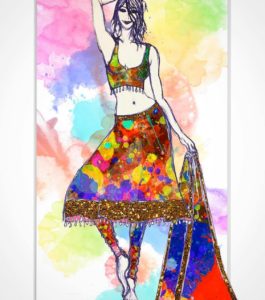
When it’s a quiet day or period of time at the studio, I like to spend time brainstorming new ideas as well as working out how to bring existing orders to life. I’ll use this time to figure things out with the outfits I am creating. Is there enough material? Do I need to order something? Will this trim work? How do I make it look the way I am imagining it? Can it be done in time?
In the late afternoon as I stress over my calendar and try to reply to my never-ending list of WhatsApp messages I like to run out to Starbucks for a coffee break.
Most days look like this. Sometimes I will be prepping for an event and I’ll have meetings for that. Or run to a fabric store for a quick purchase. Sometimes there are clients all day and I can’t breathe. Other days there are barely any and I plan new outfits and silhouettes.
After work I like to do some yoga, pilates, or a Bollywood burn class to wind down before heading home.
How has the global coronavirus pandemic affected you and your business?
To be honest it feels like business doesn’t exist because my store has been closed for the last 6 weeks. So it has definitely been affected.
But I plan to reopen next week as the restrictions have been somewhat relaxed in Bangkok with the numbers of new daily infections decreasing.
I do not, however, expect to see people lining up to buy tons of new clothes. I am known mostly for making clothes people would wear to large events — predominantly Indian weddings. And Indian weddings are usually huge gatherings with hundreds of people. As long as such events are banned (rightfully banned, I must add), it is unlikely there will be a large demand for my product.
Related: Read more posts from Female Founders
What precautions / measures are you taking?
With my store re-opening I will make sure anyone and everyone in the store wears a mask, be it me, my seamstresses or my clients at all times. I will be disinfecting the store. And I will follow social distancing by not seeing more than one client at a time and clients will not be trying on clothes other people have tried on.
Do you have any advice to share with other business owners who are facing the same challenges as you?
My advice isn’t really advice. Just a plea to recognize that it is the underprivileged that are suffering most with these lockdowns. My main concern is the people who work for me. They live paycheck to paycheck and often have lots of dependents and debts. Let’s be fair to our staff and make sure we can help them as best as we can.
What can people do to help businesses such as yours in a time like this?
When the world opens up again, we would love to still be here. Speaking for myself, I know that I would like to keep my staff employed through this crisis. But I can’t do that for too long unless I am also making sales.
Here’s a few ways to support businesses like mine:
- Don’t put off getting clothes made, if you need them. The clothes you needed to make or fabrics you needed to get stitched that you kept putting off, now is a good time to bring them over. You can just have them dropped off. I have the measurements of most of my clients (if not all).
- Explore new fashion and styles. I can also diversify my skills and make great loungewear — fun pajamas, comfy (stylish) home clothes, chic kurtis. And if you want a fabulous mask, you can get some from me too!
- Mommy-and-me outfits. I can also create cute matching mommy-and-me outfits.
- Share my brand and product with your friends. I know the climate right now isn’t ideal for fancy Indian outfits but in the future it will be. So please share my brand and products with your network for the future.
Where can we find you / your business online
Instagram: @pavnibkk
Facebook: www.facebook.com/pavni.kalra
All photos courtesy Pavni Instagram page: https://www.instagram.com/pavnibkk/



